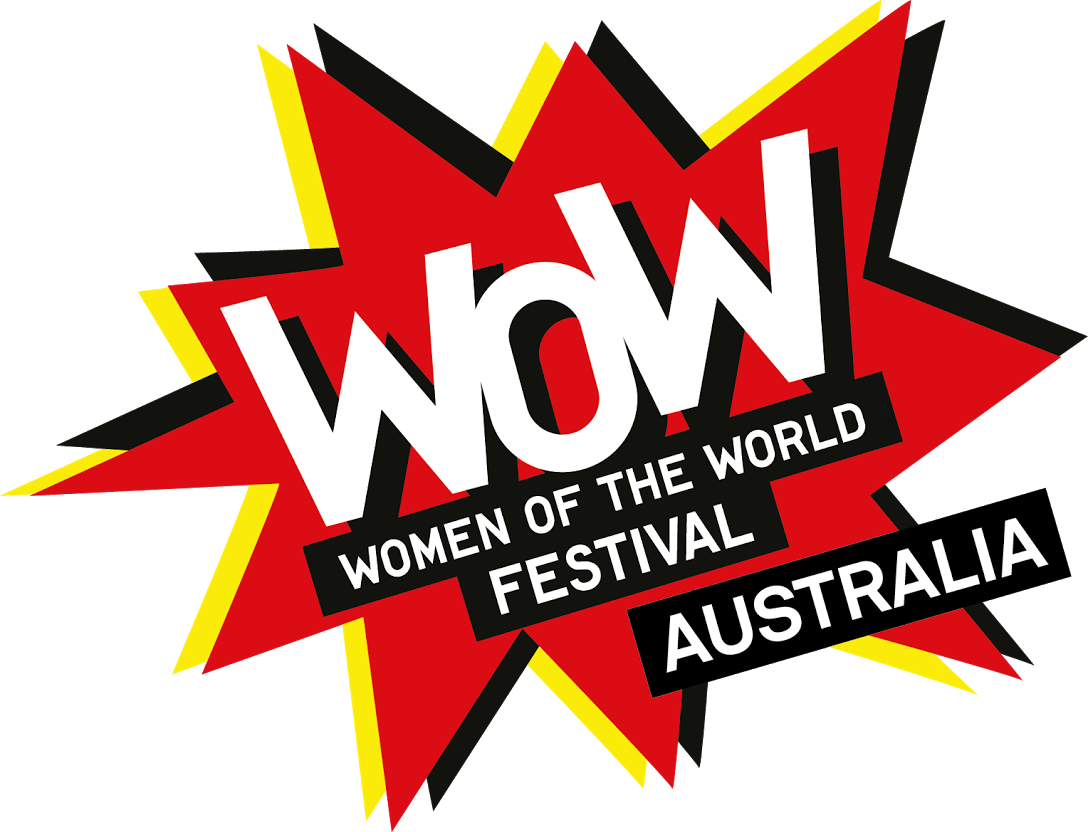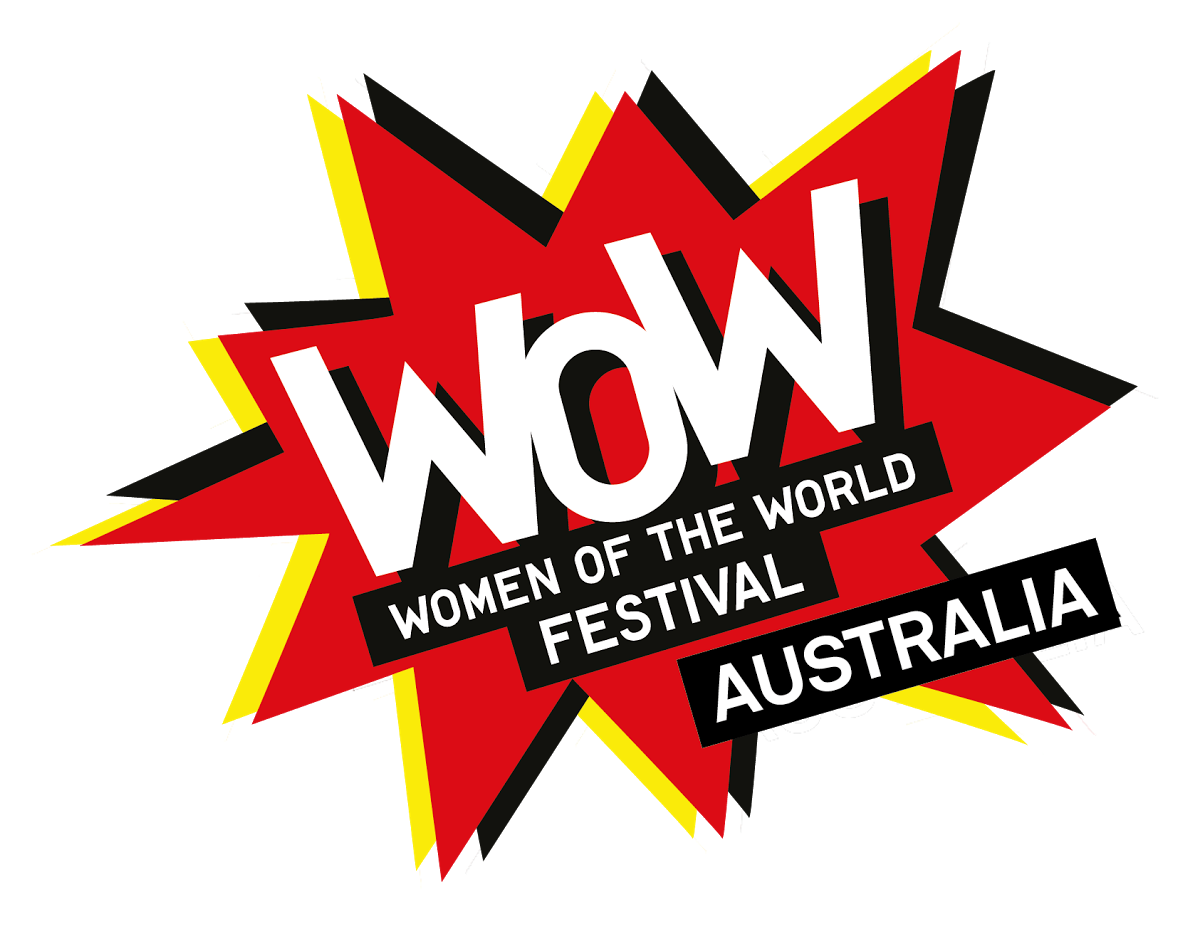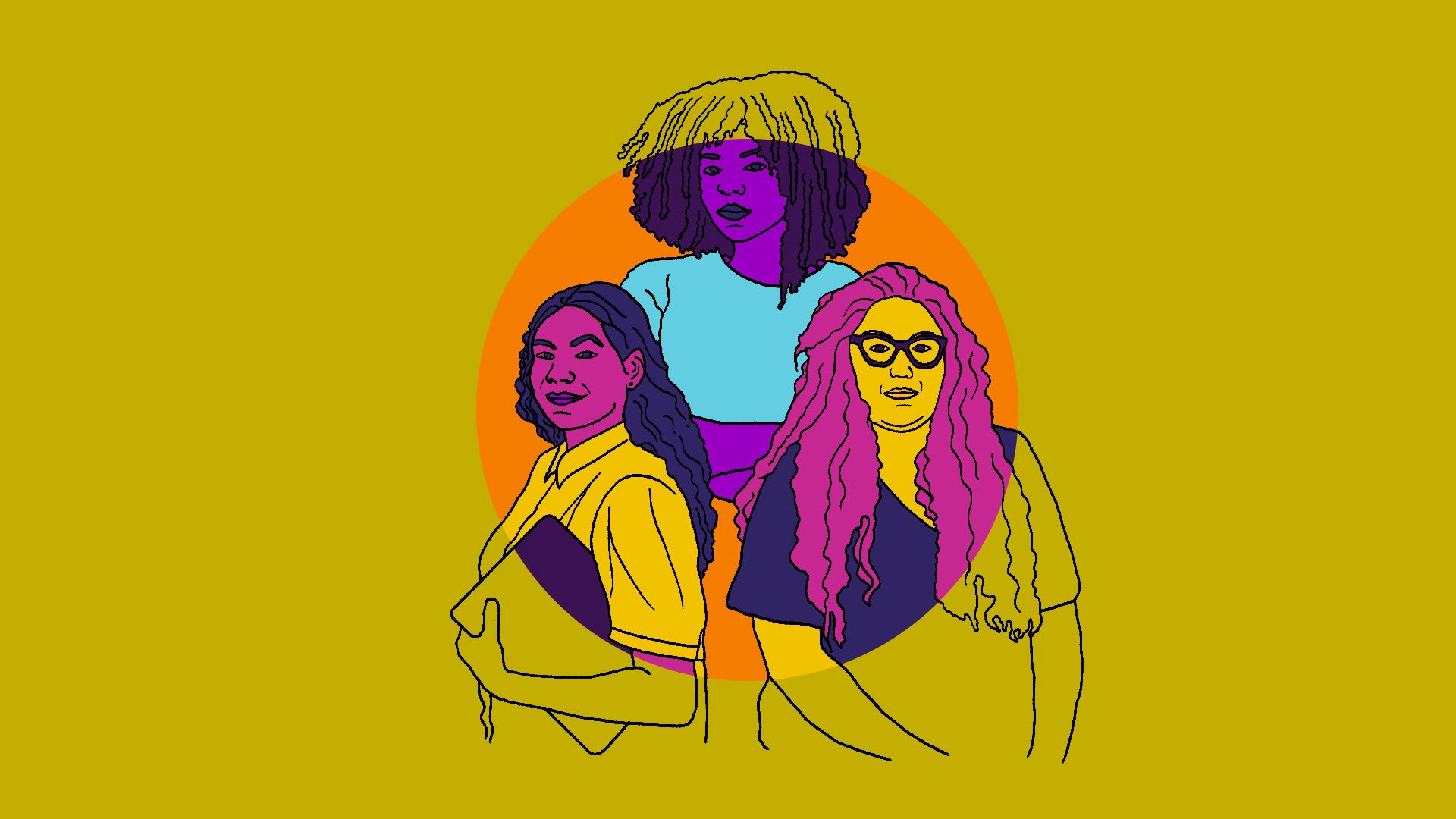Shaan Ross-Smith: “Violence against women doesn’t happen in a bubble.”
Violence against women doesn’t happen in a bubble. No one wakes up one day and decides to murder a woman, rape a woman, abuse a woman, or harass a woman. Men who perpetrate violence against women live, work, and socialise in our violent culture. It’s an uncomfortable truth; one we don’t like to acknowledge, or address. We would prefer to think of perpetrators as monsters, identifiable narcissists who operate alone and without friends or family around them. We feel a sense of safety thinking that these people don’t walk amongst us, and we don’t know anyone like that. We therefore get to hold violence against women at arm’s length. We get to say things like “oh that’s so bad, I am grateful no one in my life is experiencing violence”.
Shaan chairs a panel on domestic and family violence at DomestiCITY by WOW Australia at Brisbane Festival 2020. Image: Philip Gibb
But, I’m here to burst our apathetic bubble. We are ALL part of the problem. You see we all support a culture that glorifies, celebrates, and reinforces violence. Not only violence, but we also glorify rigid, outdated notions of masculinity and femininity and continue to have outdated expectations of how everyone SHOULD behave. Those same stereotypes are reinforced in popular culture. The songs we listen to, the movies we watch, the arts we consume, the sport we follow, the religion we observe. Popular culture encompasses the feelings produced by our interactions with these domains.
Let’s dig a little deeper. When was the last time you watched a play, film, movie where the lead was a woman? A woman of colour? A woman with a disability? A trans woman? A woman that wasn’t objectified? And when was the last time you watched those plays, films and movies and saw a woman being treated as an equal, respected for her intelligence, strength, and courage?
When did you last listen to a song, go to see a live band, and actually focus in on the lyrics? Did you like what you heard? Did you feel that the lyrics spoke directly to a society we all want to live in – one where everyone is treated as an equal?
When was the last time you watched sport? What type of language did you hear? Was their sledging, aggression, and violent language? Did the commentators talk about “smashing it, killing it, nailing it”? Did they use courage as a term to describe someone not showing emotion and did they use words like weak to describe someone who was expressing their emotions?
You get my point. You see, popular culture or what we consume daily, promotes a normalisation of violence, of misogyny, of rigid notions of men being strong, tough, and not showing emotions and woman being quiet, demure, and submissive.
What does this have to do with men who use violence? Well, to me it’s very simple. There is a continuum of violence. Not all those who disrespect women will go on to rape or abuse women, but every man who does rape and abuse women disrespects them. Those same men get messages all day every day from society that we too don’t respect women. That we too think women should be objectified and that woman are definitely not to be considered equals.
Abbey Church performs a piece about violence and coercion as part of WOW Australia’s DomestiCITY, Brisbane Festival 2020. Image: Philip Gibb
Having worked with men who perpetrate violence for some twenty years I have stood in many a room with men who talk about having an absent or abusive father. When I asked them how they learnt what it meant to be a man they told me this: “I escaped the abuse and loneliness every day through my television/xbox/listening to music and watching the footy”. When I ask them who they aspire to be in life, who they idolise or want to be like they would often name an actor, a sporting celebrity, a rockstar or an American politician”.
Some of these men sit in programs to address their behaviour, yet the minute they step foot outside the building they are inundated by the news, the footy scores, their favourite band, an xbox game and Netflix”. Not only is our culture carelessly glorifying violence, it’s also showing those men that actors, writers, producers, footy players and priests think just like them.
So, is it any surprise that one in three women have experienced violence at the hands of a partner since the age of 15 (Our Watch, 2021). Is it any surprise that violence against women in Australia costs our nation $21.7 billion each year?
We need to collectively drive our culture toward equality. We are consumers, we are effective bystanders and we are all leaders. We have a responsibility to ensure that our culture is one in which men who use violence receive messages from our politicians, our sporting codes, our arts and our workplaces that violence against women is not ok. That rigid stereotypes are outdated and need to be replaced with treating everyone equally. We need to ensure that anywhere people congregate is a place of teaching and learning and evolving our thinking.
The arts plays a critical role in doing just that. I want to go to a local play and hear words that encourage and empower women. I want to see reflected back at me a strong, leading woman empowered through her voice, her role, and the lines she speaks. I want to go and listen to my favourite band and hear words about equality, unity, oneness, wholeness. I want the spaces I occupy to feel safe, equal, and inclusive. I want to walk the streets without worrying about my own safety and I want that for every woman around me. You see, we often avoid public spaces because we feel or sense they aren’t safe. We modify our lifestyle to ensure that we aren’t alone in spaces after dark, or even in broad daylight. We want to feel safe in our workplaces, on the streets, at a concert, in a nightclub and at home. And, when home is still the most unsafe place for thousands of women in this country, we know that we need to ensure other places she goes gives her counter messages to those she is receiving at home - that we do care, that she is not alone, that she is believed and that we are doing something about it. I want to hear effective bystanders talking about our culture and how we can all be part of the change. I want to hear those directors, producers, actors, song writers, football players and politicians advocating for gender equality and equality for all. I want them to understand their impact on the world and think consciously about how they can contribute to the change. I want to see them challenge rigid outdated stereotypes and I want to hear them applauding the countless women who have spoken out about our culture and it’s hidden, yet insidious, truth.
The arts is where we see expression, where we see our culture reflected back at us, where we get to imagine and lose ourselves into our subconscious for a while. Let it be a safe place, a place where everyone belongs…
Shaan Ross-Smith
Director MATE Program, Griffith University
Shaan spent sixteen years working with prisoners though her various managerial and director roles with Queensland Corrective Services. Shaan chose to diversify this experience in 2014 to work with victims/survivors at the Domestic Violence Prevention Centre as the Integrated Response Manager, while continuing to work with perpetrators through a behaviour change program. She transitioned to the MATE program at Griffith University where she can focus on primary prevention, after years of working in the response phase. Shaan is also the Chair of the Board at DV Connect.









